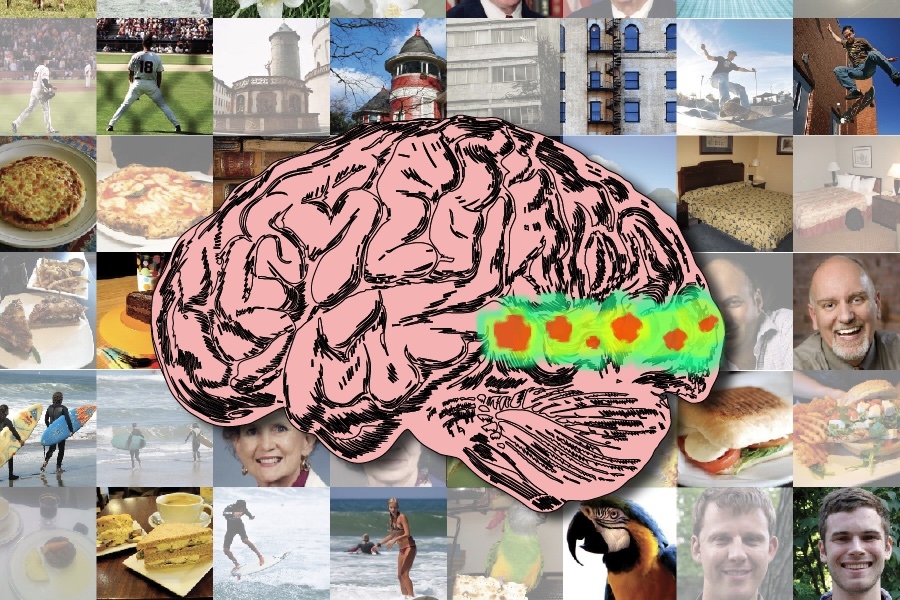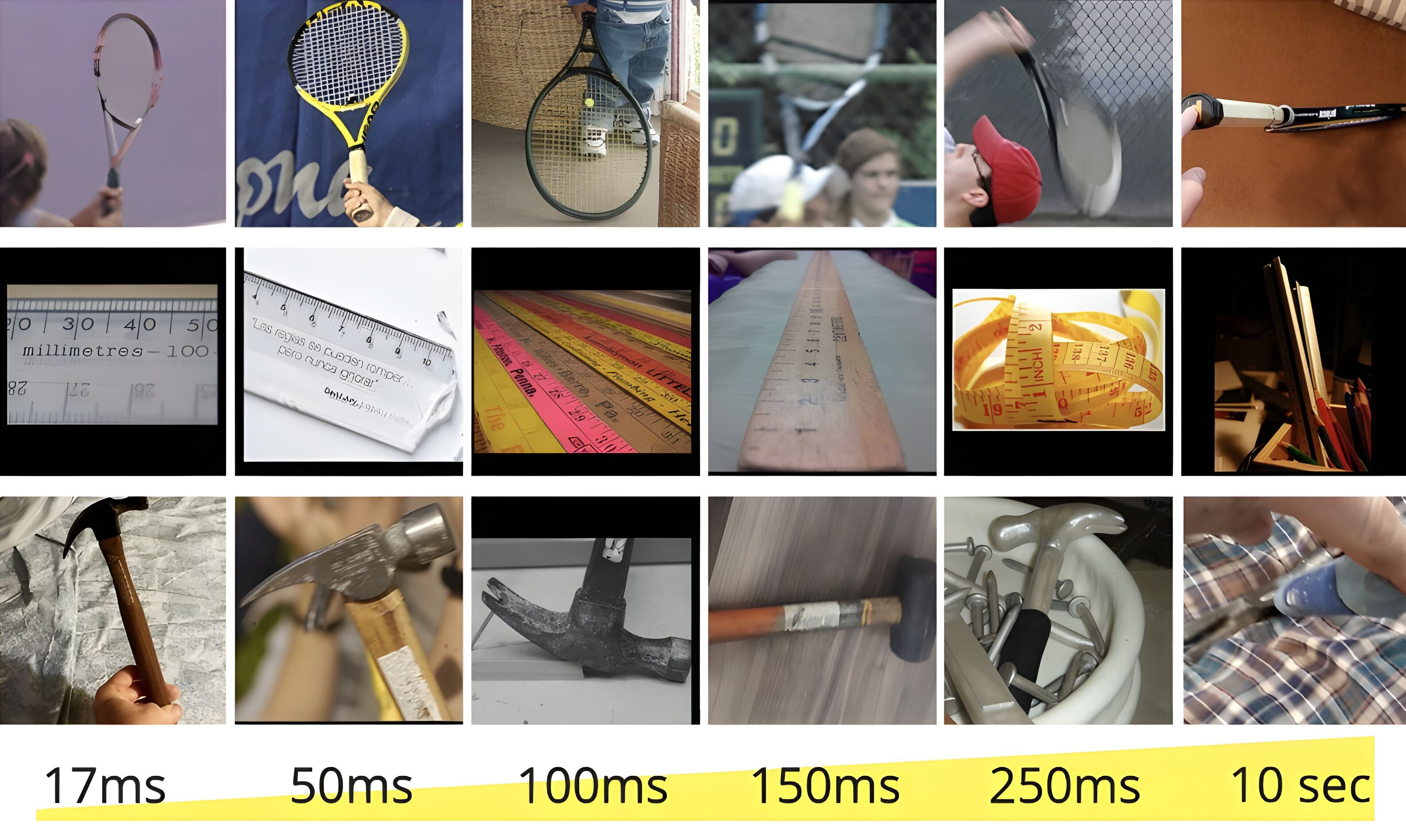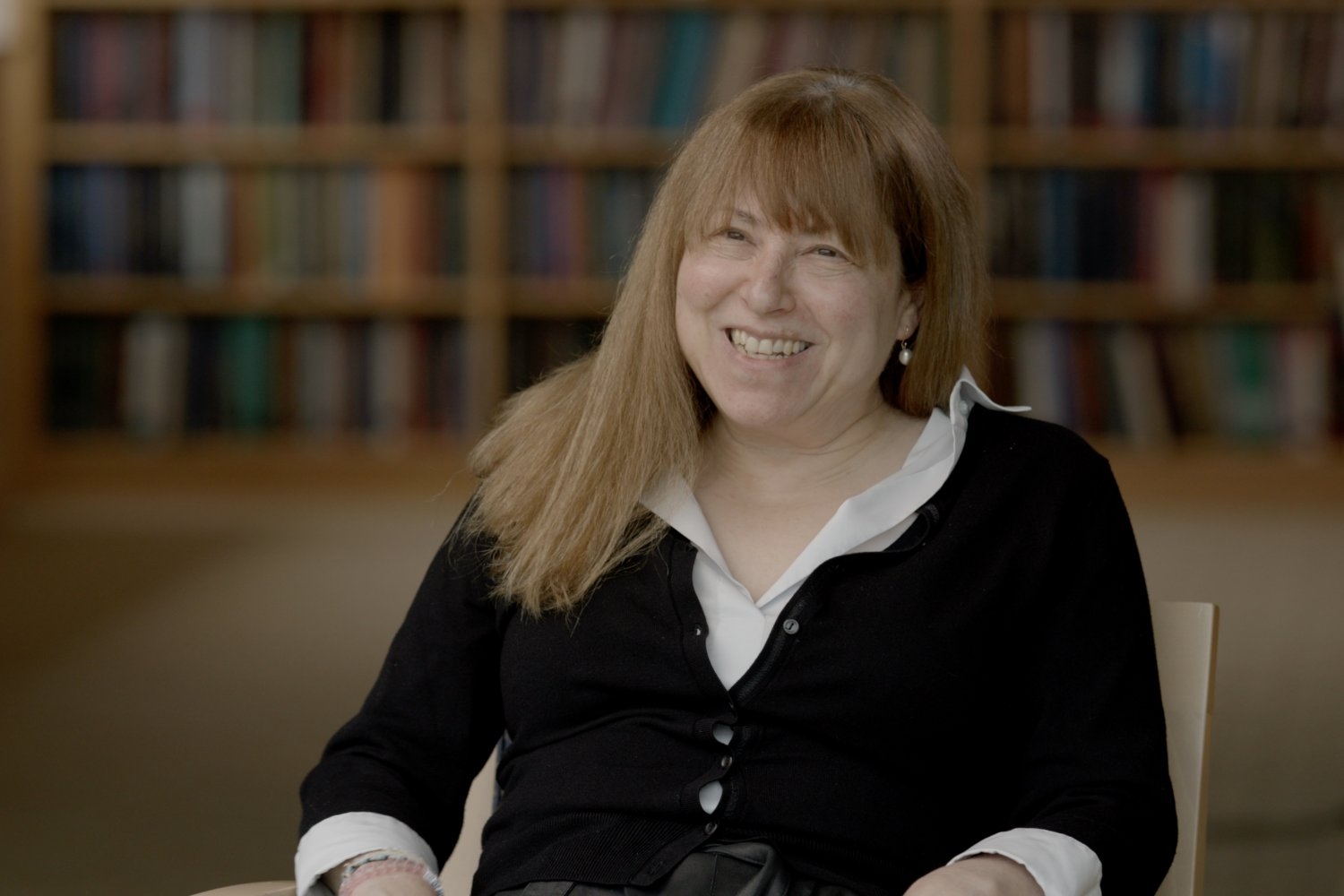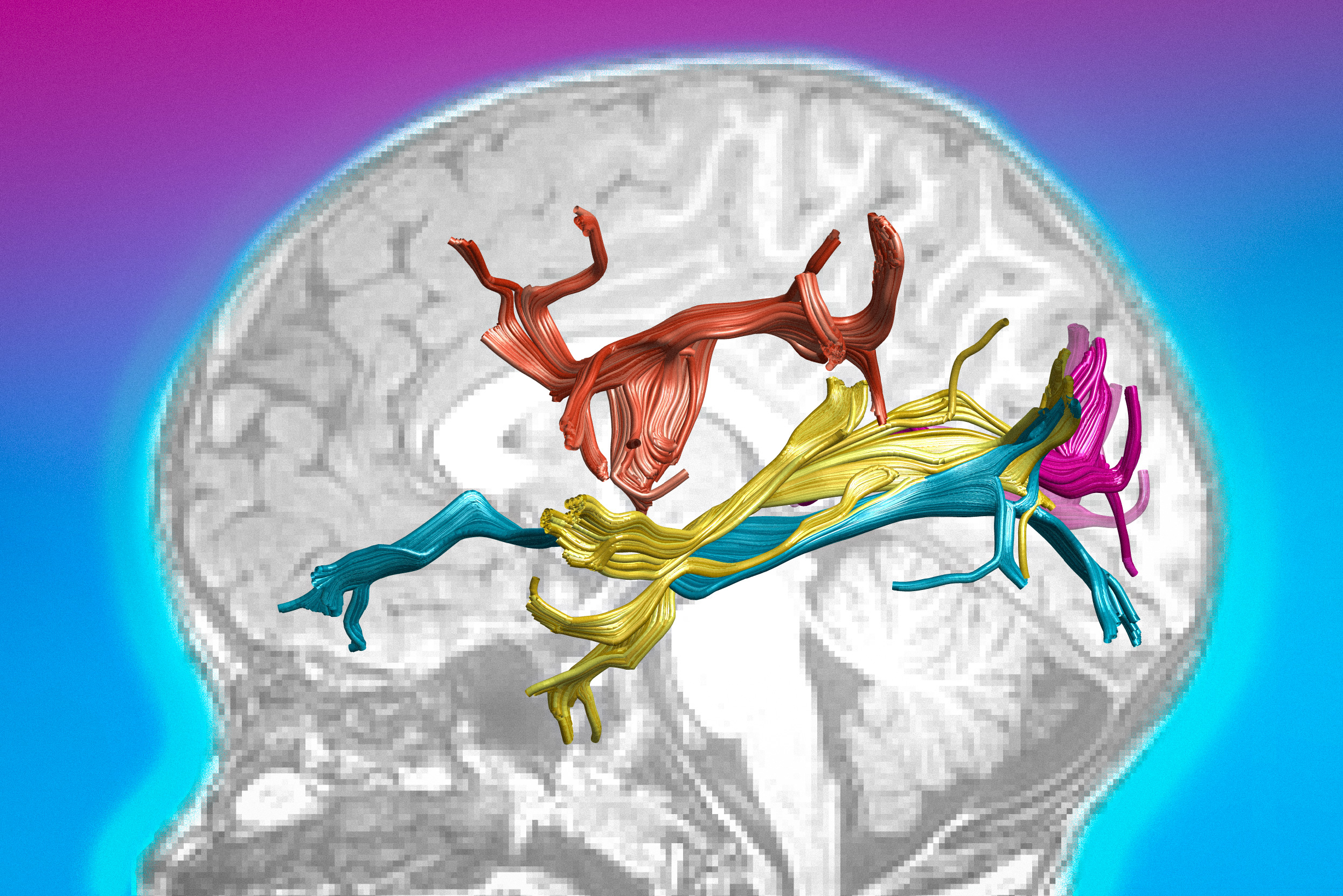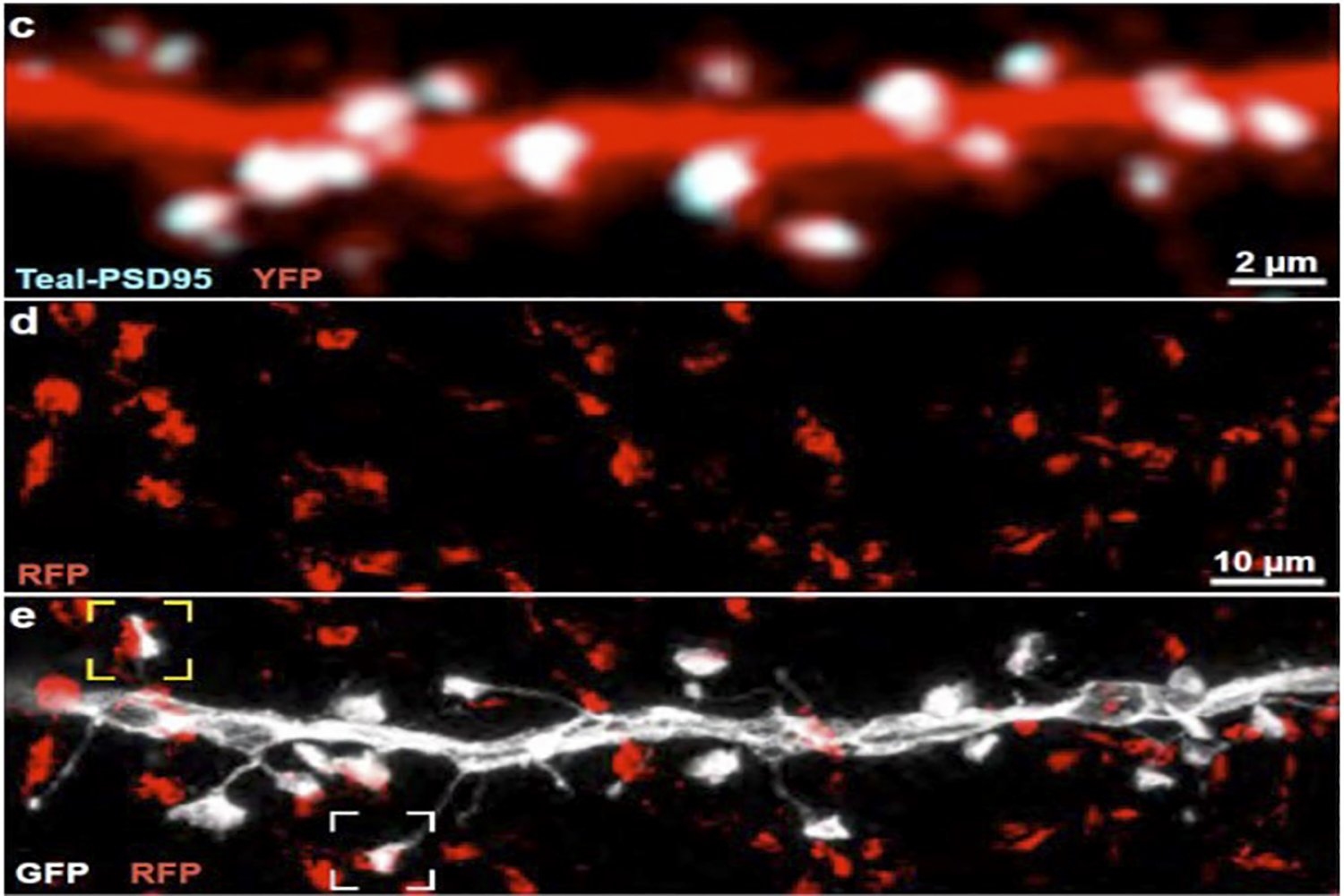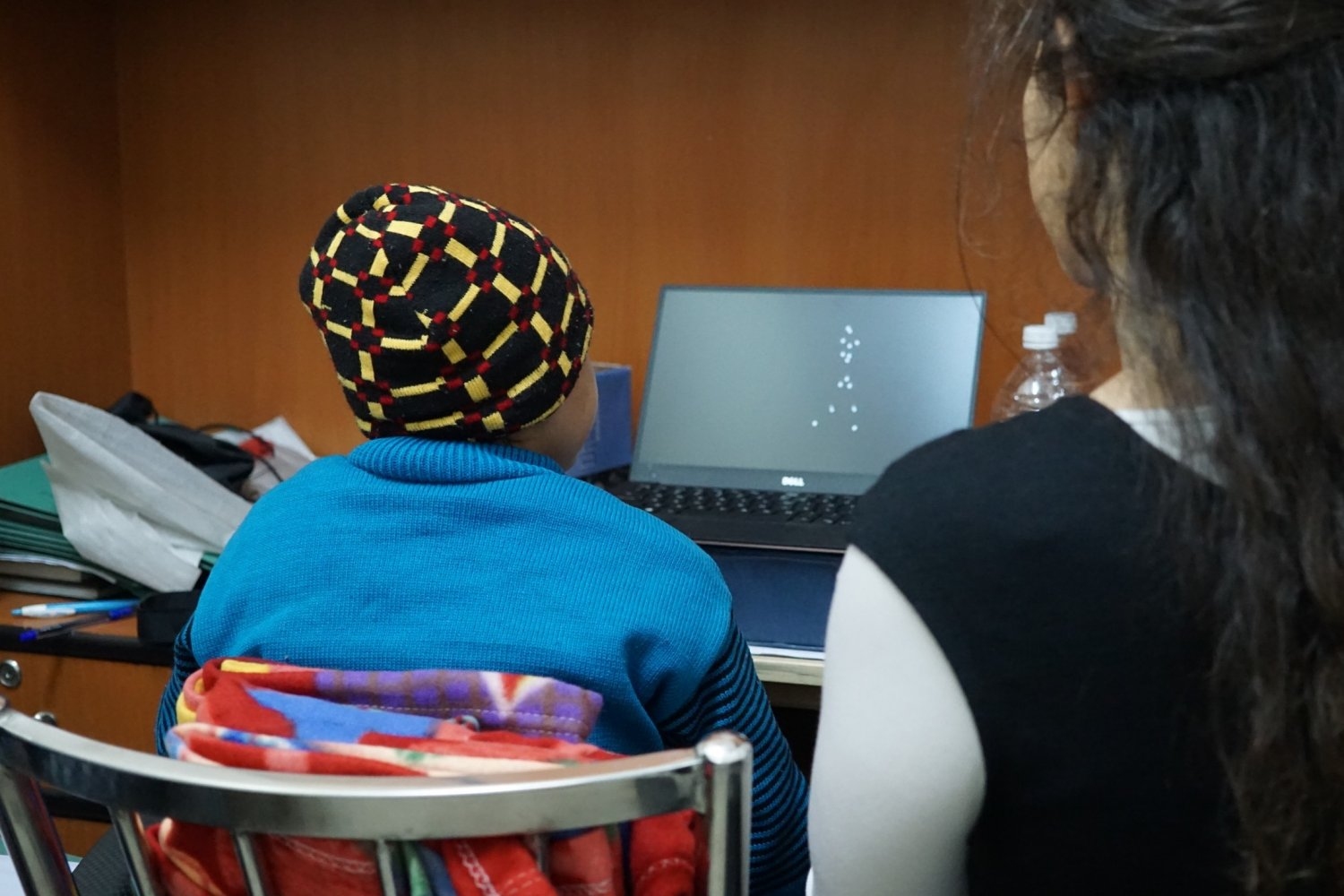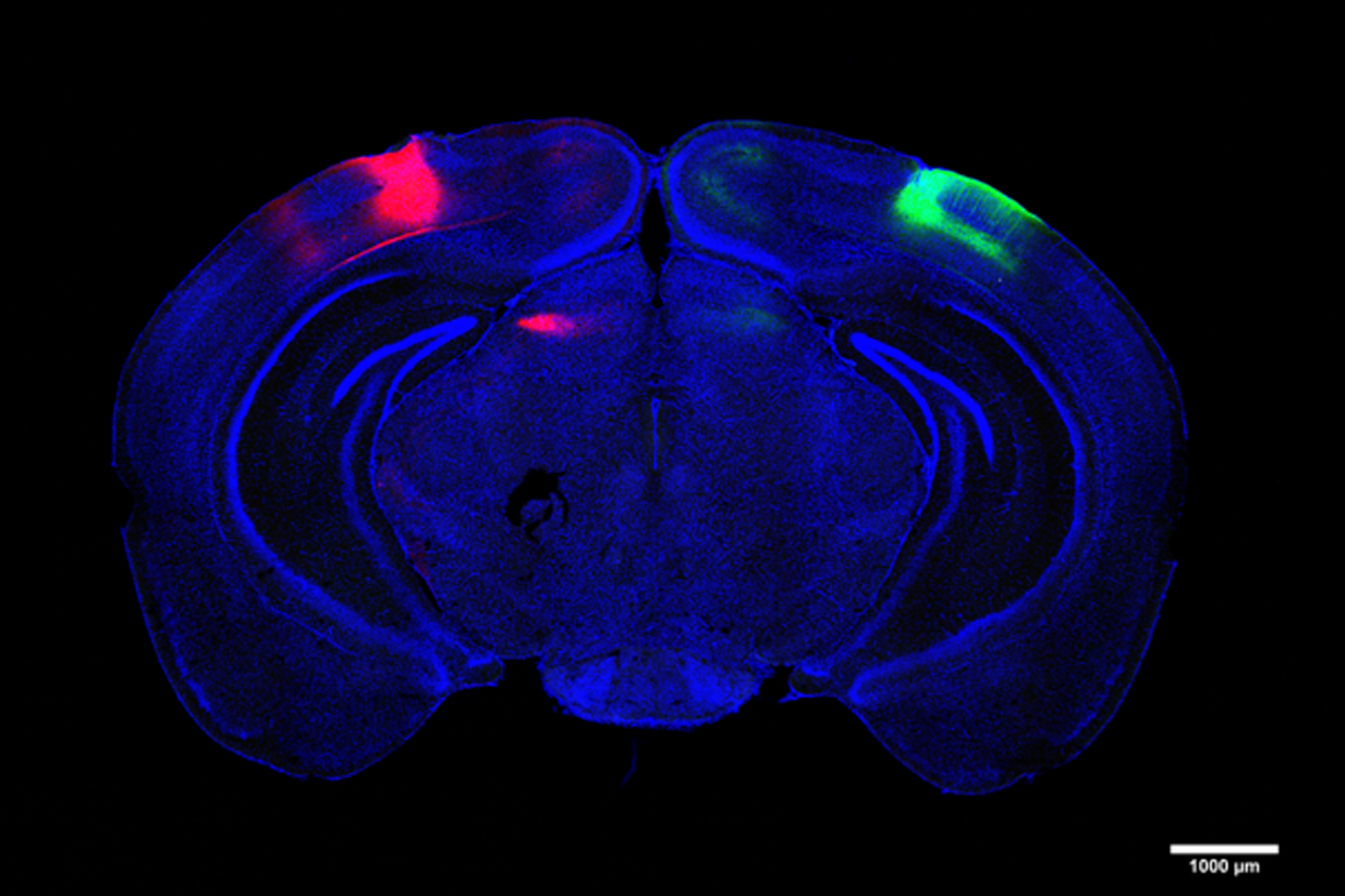Elly Nedivi receives 2023 Kreig Cortical Kudos Discoverer Award
The neuroscientist is recognized for her ongoing work to understand molecular and cellular mechanisms that enable the brain to adapt to experience.
Nov. 29, 2023 • ~3 min
Study advances understanding of visual recognition memory
Scientists have invested decades in piecing together how our vision is so good at recognizing what’s familiar. A new study overcomes an apparent discrepancy in data to reveal a new insight into how it works.
Oct. 11, 2023 • ~7 min
Sparse, small, but diverse neural connections help make perception reliable, efficient
First detailed mapping and modeling of thalamus inputs onto visual cortex neurons show brain leverages “wisdom of the crowd” to process sensory information.
Feb. 2, 2023 • ~9 min
After a lifetime of blindness, newly sighted can immediately identify human locomotion
Study on blind patients who recovered their sight suggests rethinking the belief that babies learn to recognize human movement through visual exposure.
Oct. 18, 2022 • ~6 min
When Alzheimer’s degrades cells that cross hemispheres, visual memory suffers
Research reveals cells that span brain hemispheres to coordinate activity in visual processing centers, shows Alzheimer’s degrades their structure and function.
Aug. 24, 2022 • ~7 min
/
3

